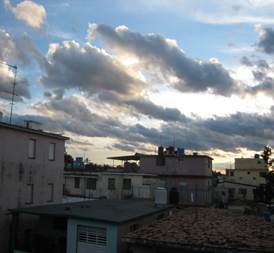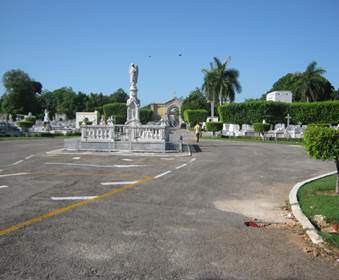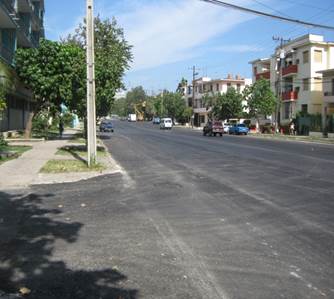
Fernando Dámaso, 28 November 2018 — These days, the official media are bored with the case of Cuban doctors who served in Brazil, and the second anniversary of the death of the “older Cuban” (senior athlete, senior doctor, senior educator, senior artist, senior rumba artist, etc, etc, etc.). In both cases the “teque*” is aberrant. However, I will refer only to the first case, because the second is inconsequential for most Cubans.
If we accept the case of the official propaganda, the only person responsible for what happened is the newly elected president of Brazil, Jair Bolsonaro, with his aggressive statements against the doctors and for meddling in matters that do not concern him, as the doctors fulfilled a humanitarian mission and an act of solidarity, providing medical care to dispossessed Brazilians. Nothing is said in the official discourse about the great economic business that they represented for the government of the Island. continue reading
Using some data available here and in Brazil, we can derive the following table: 8,500 doctors x 4,000 dollars per month is equivalent to 34 million dollars per month, which multiplied by 12 months of the year gives us the figure of 408 million dollars.
To this figure should be subtracted the 5%, which is paid to the Pan American Health Organization, that is 20,400,00 dollars, leaving 387,600,000 dollars.
To this new figure should also be subtracted the amount of $400 per month for each of the 8,500 doctors, which is what the Cuban government paid them (200 in Brazil for expenses and 200 deposited in an account in Cuba, available to them only after they complete the mission), or 3,400,000 dollars per month, which multiplied by the 12 months of the year equals 40,800,000 dollars.
Summing up: of the 408 million dollars that Brazil paid annually, 20,400,000 went to the Pan American Health Organization, 40,800,000 went to payments to the doctors and the Cuban government kept 346,800,000 dollars per year. A lucrative business!
In short, the two main approaches of the new Brazilian President Jair Bolsonaro were: to subject doctors to an examination, which is a common practice in most countries that hire foreign professionals, and to pay the salaries directly to the doctors. This second approach seems to have been the real trigger of the hasty decision of the Cuban authorities to order their withdrawal from the Mais Medicos (More Doctors) program.
The conditions could have been accepted, even if Cuban doctors received their salaries directly, due to the unjust current tax system in Cuba. The doctors would have had to pay the Cuban government 50% of the profits exceeding $2,000 per year.
It is true that the authorities would not have received the 34 million dollars a month, but they would have received 17 million and, annually, discounting the 5% to the Pan American Health Organization (20,400,000 dollars), they would have received 50% of the amount paid to the doctors (193,800,000 dollars). Something is more than nothing!
I do not deny the right of the Cuban authorities to throw a tantrum over the millions of dollars they will stop receiving, but we must speak clearly without so much humanistic rhetoric, which recalls the arguments of the “soap opera novels” of the forties and fifties, with too much crying and melodrama.
Nor do I deny that Cuban doctors miss their patients, but it seems that they also miss the 400 dollars a month the Cuban government paid them for their work in Brazil, which was much more than the 40-60 dollars a month they receive working in Cuba, and which allowed them to satisfy some of their accumulated personal and family needs.
Let’s be clear about this!
*Translator’s note: El teque is Cuban slang for the unrefrained barrage of official rhetoric.














